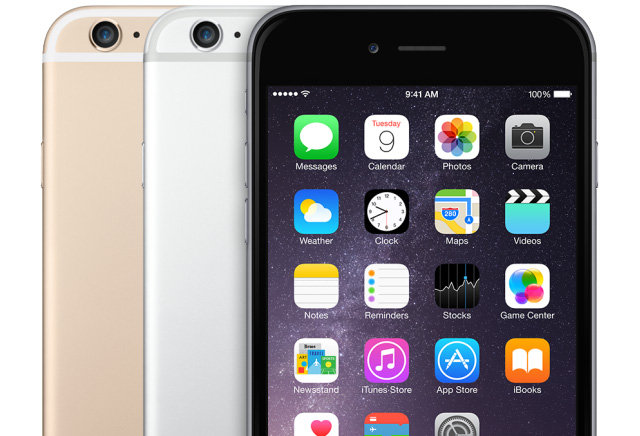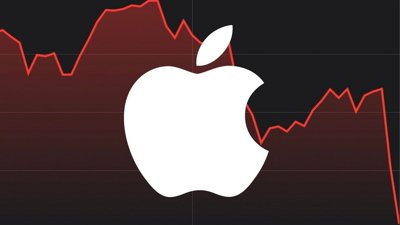Adoption of the iPhone was up globally during the March quarter, and in Europe was particularly influenced by people switching from Android devices, according to new smartphone market data published on Wednesday by Kantar Worldpanel ComTech.
The research firm noted that while Android remained in control of the five major European markets — Great Britain, Germany, France, Italy, and Spain — with a 68.4 percent share, that was a decline of 3.1 percentage points year-over-year. Apple rose 1.8 points to a 20.3 percent share, and the Kantar data indicates that 32.4 percent of new iPhone buyers were switching from Android.
Of the people who bought an Android phone in the quarter, 35 percent said it was because they got a good price on the device, while 29 percent said it was because they got a bargain on tariffs or contracts.
China was another strong market for Apple, seeing iPhone share rise from 17.9 percent to 26.1 percent, even if it was still dwarfed by Android's 72 percent. Kantar remarked that China is now generating more iPhone volume than the U.S., partly because the product is beginning to sell to more than just the country's rich. In the March quarter, Apple accounted for 25 percent of smartphone sales among people making 2,000 to 4,000 yuan ($322 to $645) per month.
Although the iPhone is an extremely expensive product in China, often costing more than a worker's monthly salary, many people in the country will use a smartphone as their primary computing device.
In the U.S. Apple achieved a 36.5 percent share, while Android advanced 0.2 points to 58.1 percent. Kantar tangentially commented that the iPhone 6 and 6 Plus now account for 18 percent of all iPhones in the country, and that 64 percent of the install base is using at least an iPhone 5. The latter figure is particularly important for the Apple Watch, since the wearable won't work with any iPhone prior to the iPhone 5.
 Roger Fingas
Roger Fingas


 Malcolm Owen
Malcolm Owen
 Marko Zivkovic
Marko Zivkovic

 Chip Loder
Chip Loder
 Christine McKee
Christine McKee
 William Gallagher
William Gallagher
 Amber Neely
Amber Neely



-m.jpg)






18 Comments
GOQI .... Garbage out, quality in.
Warms the cockles of my heart to see those figures.
Just checked Kantar's stats, which contradict the title of this article : Android's share increased and iOS lost marketshare in all 5-EUs. The only notables markets where iOS made gain are China, Argentina and Mexico.
3e Jan 2015 3e Mar 2015
UK 40.1% 38.1%
FR 20.2% 19.4
ES 10.4% 7%
GER 18.7% 18.3%
IT 18.3% 17.5%
US 42.8% 36.5%
CH 25.4% 26.1% (+)
JP 52.4% 45.1%
AU 42.4% 38.4%
MEX 5.3% 6% (+)
There is no such "surge", much less any evidence that "
Android sycophants are always caterwauling about how dominant the operating system is and how irrelevant iOS is. When you point out that that dominance is mainly due to low end devices flooding the market their eyes glaze over and they act like they can’t hear you. When you further point out that iOS leads in actual use of the devices, web browsing, online shopping, multimedia consumption, etc. the glaze turns to anger.
What this report reveals is that the switch from Android to iOS is happening at the high end where all the money is and partially explains Samsung’s implosion of profits. Each percentage point of iOS increase translates to much more than the number would imply.
There is no such "surge", much less any evidence that "
You are looking at QOQ numbers rather than YOY.
All of the numbers in the article are correct YOY. iOS and Android naturally eb and flow based on hardware releases, so QOQ numbers aren't very valuable.